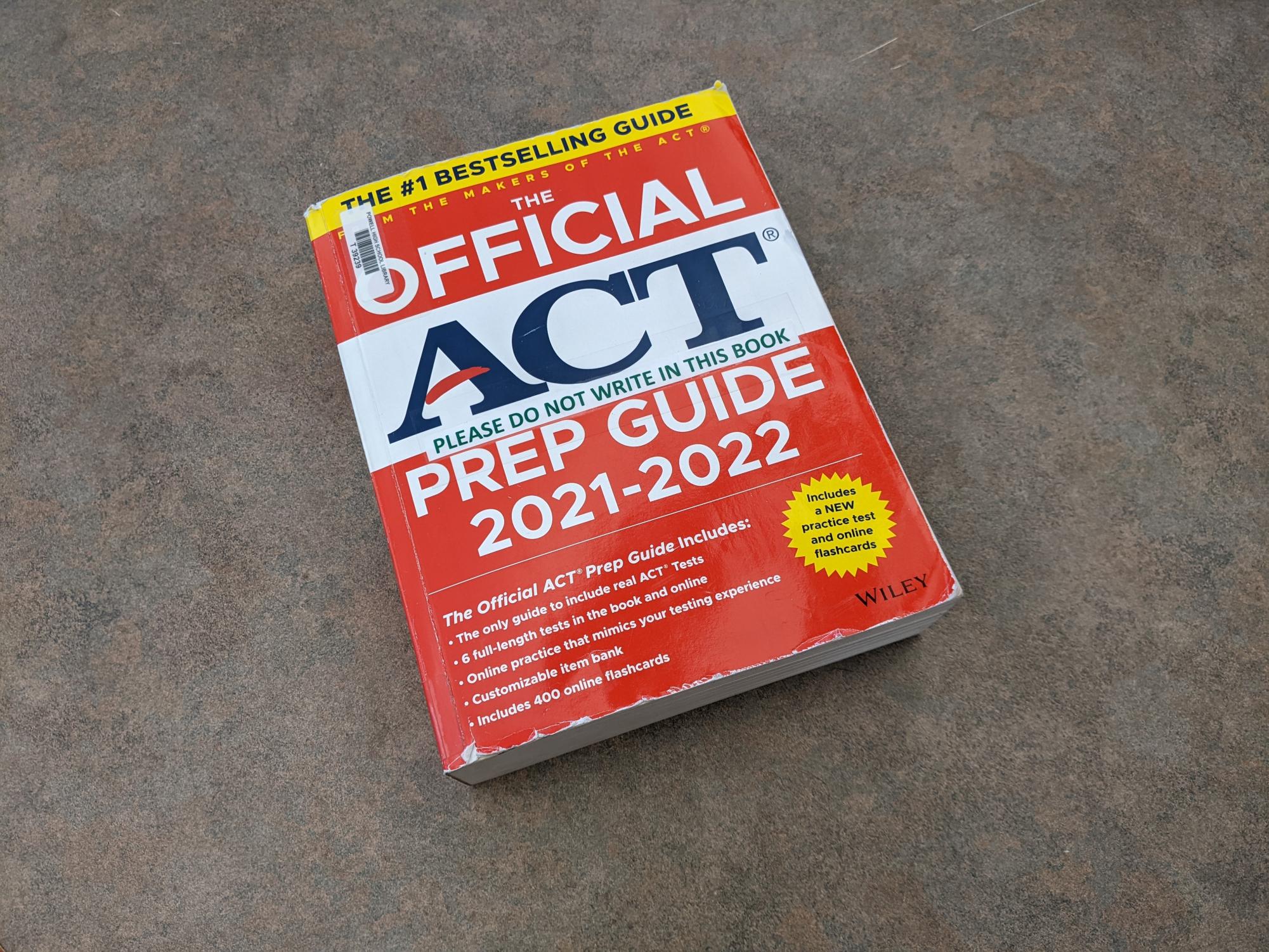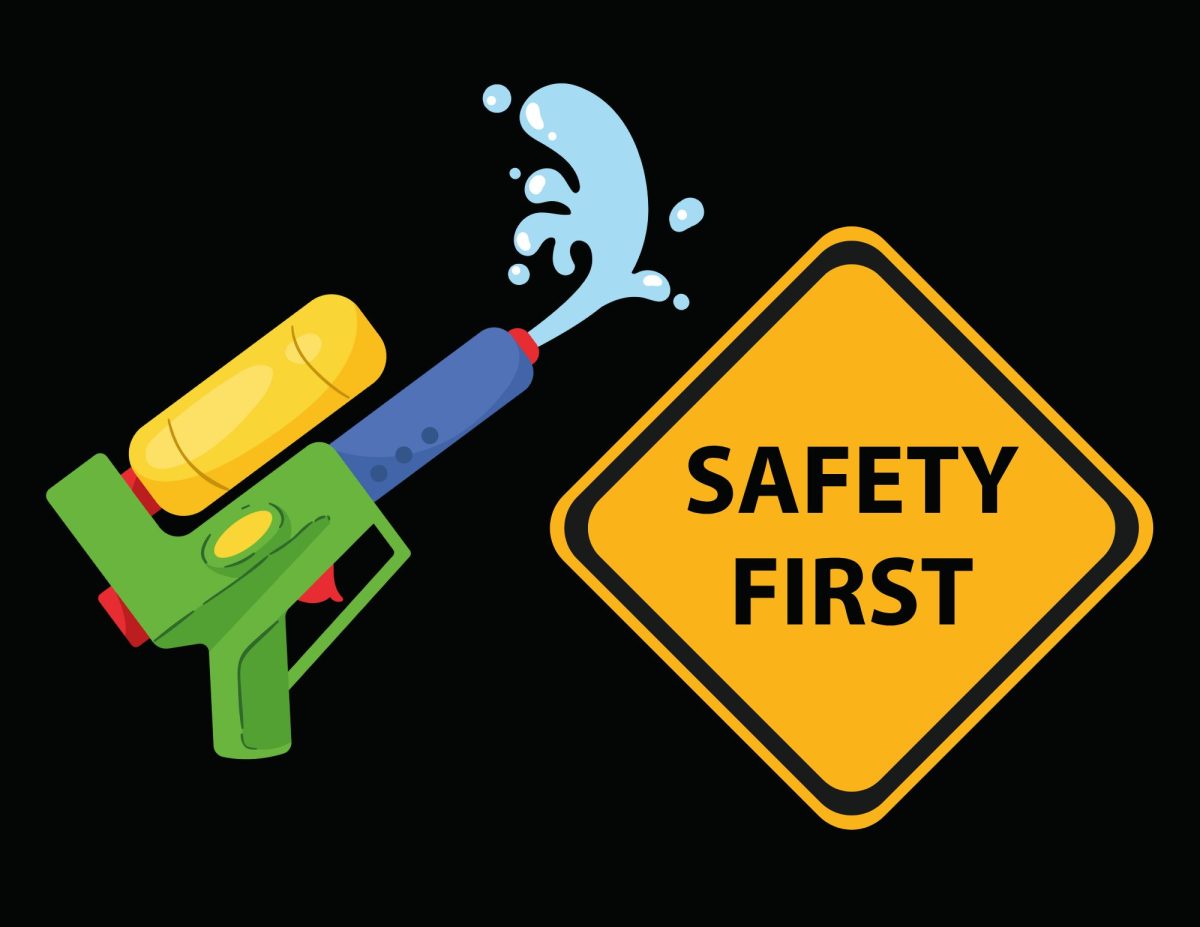On Mar. 26, the halls of Powell High School were nearly vacant. Only sophomores and freshmen wandered the desolate corridors. All the juniors were taking the American College Test (ACT) and many of them did not enjoy the experience.
The ACT is considered to be a long test. After the four to five sections, the overall time to take the ACT is around three hours, and there’s only one 15-minute break. Many students were upset that they weren’t able to spend more time relaxing and resetting mentally for the next portion of the test.
“I wish that we had more time to get out and breathe,” junior Paul Cox said. “Because each segment was like 45 minutes long or something like that.”
There were also a few other rules that juniors weren’t necessarily upset about but just seemed like an inconvenience. Some of these include the prohibiting of mechanical pencils and the expulsion of water bottles from the test room.
“I thought some of the rules were pretty weird,” junior Jacob Harms said. “Like we weren’t allowed to have watches. Even if it wasn’t digital, we had to take it off and put it on the desk.”
The ACT has a total of around 215 questions covering multiple subjects in English, mathematics, and science. It’s impossible to know what exactly will be on the test, so success means knowing as much as you can about every subject.
“Because there’s so much material, I don’t know what’s on it,” Cox said. “I can’t study for it. I just have to get lucky and hope I know the subjects that pop up.”
Some students struggled with the time restrictions. Even though three hours is much longer than other tests, it still isn’t enough to answer the huge amount of questions. Students often end up guessing on a large portion of the test because time is running out.
“I think I did a good job, except for the English test,” Harms said. “There wasn’t enough time, so I had to just guess on a few of them.”
From a sophomore’s point of view, the ACT can be a stressful factor going into their junior year. The scores from this test are a huge deal, as they can make or break scholarships and college applications.
“I don’t think that high schoolers take the ACT as seriously as they probably should,” sophomore Brooklyn Neves said. “The ACT is a huge part of college applications.”
Preparation for the ACT could include studying prep books, simply paying attention in classes, and remembering the things you learn. Preparation for this important test should start as early as possible, not only to be more prepared but to feel less stress when the time comes to take it.
“The sooner students start to prepare, the better their scores will be,” Neves said. “There is a lot less stress about tests when you know that you’ve done everything you can to get ready.”
Because of the sheer bulk of questions on the ACT, it is difficult to prepare for. Because it inevitably comes down to the amount of time it takes to complete the test, some might argue that the ACT is less a test of knowledge and more a test of how to take tests.
“I tried to think of ways I could prepare,” Cox said. “But a lot of it just comes down to being good at taking tests.”
As much as students don’t like the idea of taking a test to determine the availability of education, they have to accept it. Although the idea that the test isn’t really about your knowledge as well as the ratio of questions to time may seem unfair, this test can determine so much about where students end up ten years from now.
“I don’t think that standardized tests are accurate representations of students,” Neves said. “But since we don’t have a choice, we may as well recognize how much it weighs into our future.”









